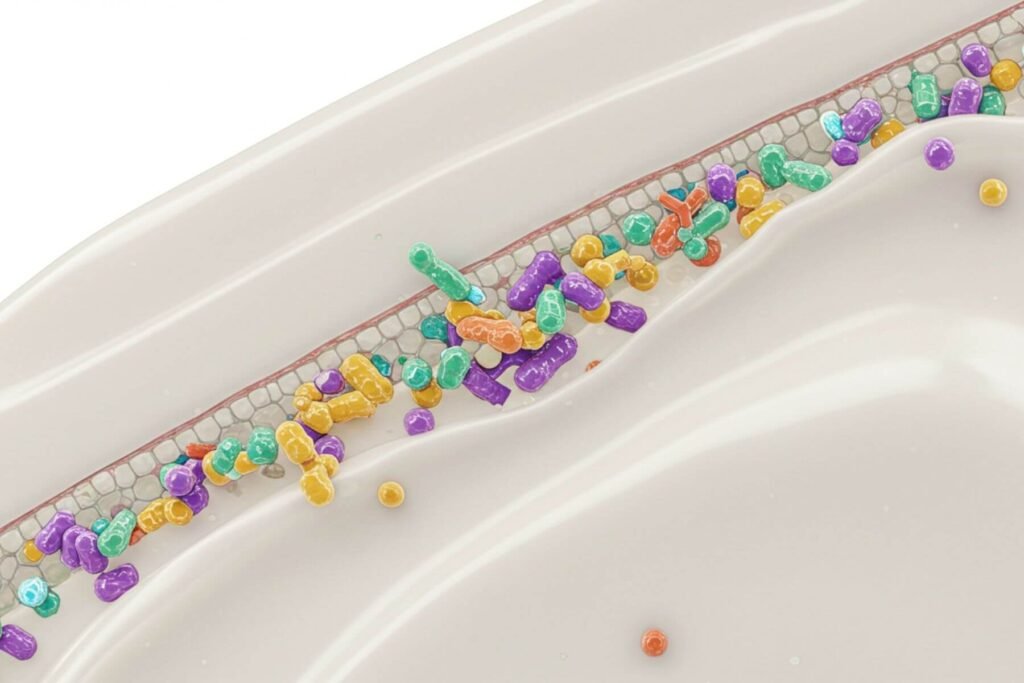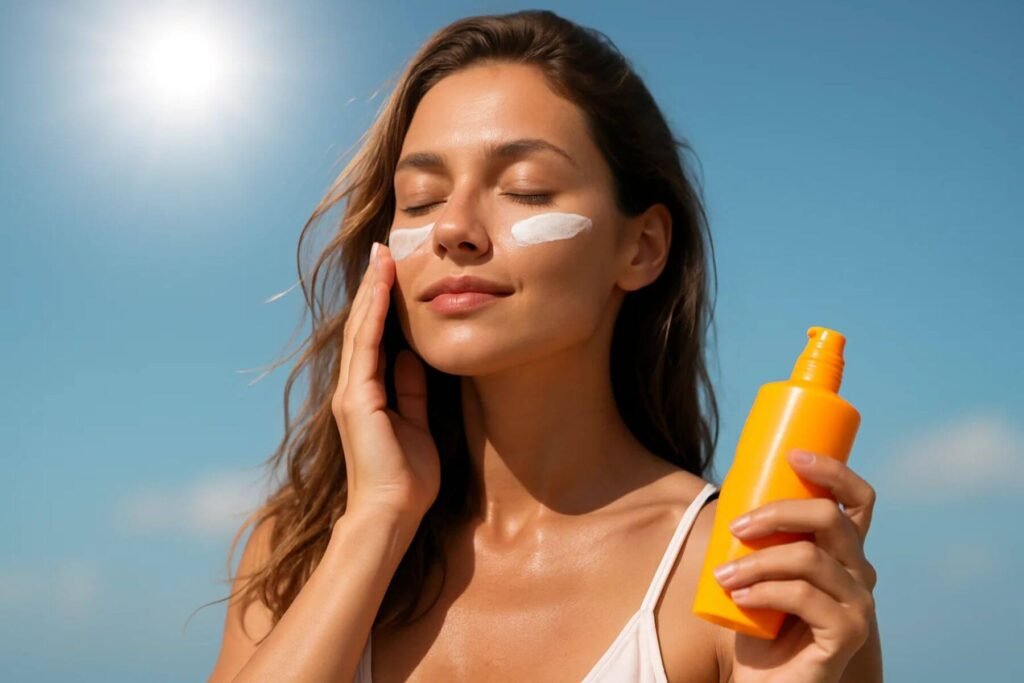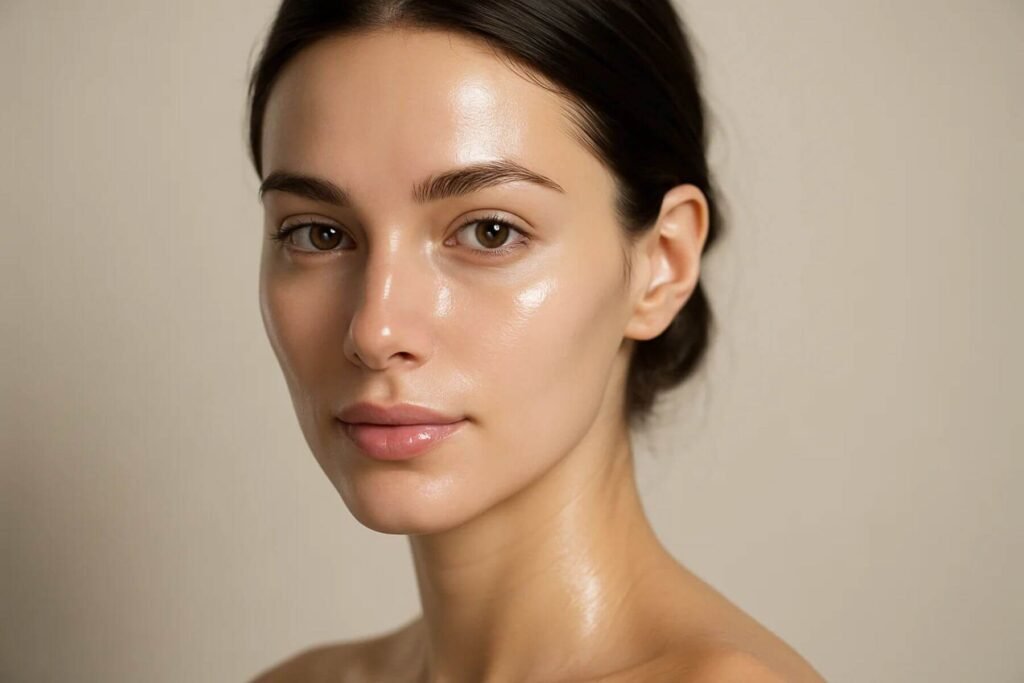When it comes to skincare and beauty products, we all want the best for our skin. However, not all beauty products are created equal, and some may contain harmful ingredients that can damage your skin in the long run. It’s essential to be aware of what goes into your skincare routine. This blog will explore the 10 ingredients you should avoid in your beauty products to ensure you’re giving your skin the healthiest, most effective care possible.
1. Parabens
Parabens are synthetic preservatives used in many cosmetics to prevent bacterial growth and extend shelf life. While they may seem harmless, parabens have been linked to hormone disruption. Studies show that parabens can mimic estrogen in the body, potentially leading to health issues like breast cancer and reduced fertility. To protect your health, opt for products labeled “paraben-free.”
2. Sulfates
Sulfates are commonly used in shampoos, cleansers, and body washes to create a lathering effect. While they are effective at removing dirt and oil, they can also strip away the natural oils from your skin and hair. This leads to dryness, irritation, and may even worsen conditions like eczema and psoriasis. Look for sulfate-free alternatives that clean without compromising your skin’s moisture.
3. Phthalates
Phthalates are chemicals often used to make plastics flexible, but they can also be found in many beauty products as solvents or fragrance carriers. These chemicals are known to be endocrine disruptors, meaning they can interfere with hormone function. Exposure to phthalates has been associated with various health issues, including birth defects, developmental delays, and reproductive problems. To keep your skin and body safe, choose products labeled as “phthalate-free.”
4. Formaldehyde
Formaldehyde is a known carcinogen and is used in some beauty products as a preservative. It can also be released from other ingredients, especially in hair treatments and nail products. Formaldehyde can irritate your eyes, skin, and respiratory system, and long-term exposure may lead to cancer. Always avoid products that list formaldehyde or its derivatives (like methylene glycol) in their ingredients.
5. Synthetic fragrances
Fragrance in beauty products may smell delightful, but it often comes with hidden dangers. Synthetic fragrances are composed of hundreds of chemicals, many of which can cause allergic reactions, skin irritation, and even hormone disruption. Instead of using products with synthetic fragrance, choose those with natural, plant-based scents or go fragrance-free to protect your skin.
6. Mineral oil
Mineral oil is a byproduct of petroleum and is used in many moisturizers and skincare products due to its ability to lock in moisture. However, it can clog pores and prevent the skin from breathing, leading to breakouts and other skin issues. Moreover, mineral oil doesn’t provide any actual nourishment to the skin. Look for products with plant-based oils like jojoba or argan oil for a safer, more effective moisturizer.
7. Alcohol
While alcohol can be effective at removing oil and dirt, it can also be incredibly drying for your skin. Many toners, cleansers, and serums contain alcohol, which strips the skin of its natural oils. This can result in increased dryness, irritation, and sensitivity. If you have dry or sensitive skin, avoid products with alcohol or choose alcohol-free options that hydrate and soothe your skin instead.
8. Oxybenzone
Oxybenzone is a chemical commonly used in sunscreens to protect against harmful UV rays. However, it has been linked to skin irritation and hormone disruption. It can also cause allergic reactions in some individuals. Additionally, oxybenzone is harmful to marine life, contributing to coral reef damage. Look for mineral sunscreens containing zinc oxide or titanium dioxide, which provide effective sun protection without harmful chemicals.
9. Toluene
Toluene is a solvent found in some nail polishes and hair care products. This ingredient can irritate the skin, eyes, and respiratory system, and long-term exposure has been linked to nervous system damage. Toluene is also toxic to the environment, so it’s best to avoid products containing this chemical. Opt for non-toxic nail polishes and beauty products that are free from toluene for a safer and more eco-friendly option.
10. Triclosan
Triclosan is an antibacterial agent commonly found in soaps, deodorants, and toothpaste. While it may help kill bacteria, triclosan has been linked to hormone disruption and the development of antibiotic-resistant bacteria. It can also contribute to environmental pollution. Choose natural or antibacterial-free products to maintain a healthy balance of bacteria on your skin without the harmful side effects of triclosan.
Why avoiding harmful ingredients matters
In today’s world, we are constantly exposed to a variety of environmental stressors, from pollution to UV rays. Our skin, being the largest organ in the body, serves as the first line of defense against these factors. By avoiding harmful ingredients in beauty products, you help your skin stay healthy, balanced, and protected from both internal and external threats.
Beauty products should enhance your natural radiance, not work against it. By reading labels carefully and choosing products with safe, natural ingredients, you ensure that your skincare routine contributes to your overall well-being. Taking small steps, like avoiding parabens, sulfates, and other toxic chemicals, can lead to better skin health and a more sustainable beauty routine.
Bottom line
Your skin deserves the best care, and that starts with being mindful of the ingredients in your beauty products. By avoiding harmful chemicals like parabens, sulfates, phthalates, and others listed above, you reduce the risk of irritation, breakouts, and long-term damage. Opt for products that nourish and protect your skin with safe, natural ingredients that enhance your beauty without the harmful side effects. Your skin will thank you in the long run!



